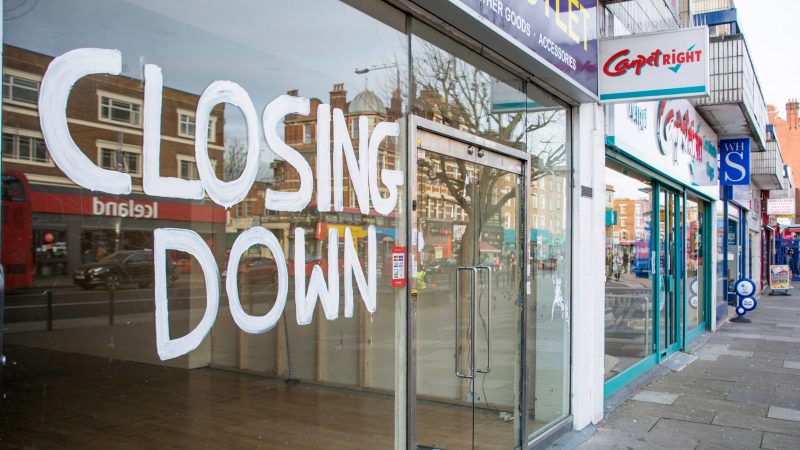
Labour’s Jonathan Reynolds has warned that the “Conservatives’ cost of living crisis is hammering businesses, shops and factories” after research found that three in four firms (73%) are raising their prices due to increasing costs.
Commenting on analysis published by the British Chambers of Commerce (BCC) this morning, which found that 62% of these business cited rising energy bills as a “driving factor”, the Shadow Business Secretary said the Conservatives are “pushing up prices for consumers and placing great British firms at risk”.
“The government must listen to firms and workers and stop the National Insurance rise which is a tax on jobs for businesses already struggling with higher costs,” Reynolds added.
“Labour would deal with the cost-of-living crisis for consumers and businesses – bringing down energy bills, introducing a £600m contingency fund for businesses struggling with energy costs paid for through a one off windfall tax on oil and gas producers.”
After it was announced that the energy price cap will rise to £1,971 in April (an increase of £693 for the average household), Rishi Sunak set out plans to mitigate the impact last week. The package included an upfront “discount” of £200 in October, to be repaid in £40 mandatory payments over the next five years.
The Chancellor also announced a council tax rebate for some households, a discretionary fund for councils and an expansion of the warm home discount. Sunak was criticised, however, for offering no help to businesses as costs rise.
British Chamber of Commerce co-executive director Hannah Essex said businesses are “dismayed at the lack of support” from the government, highlighting that many firms have “already been hit by steep rises, with further significant spikes expected as existing fixed tariff contracts come to an end in the coming months”.
“The household rebate should be matched by an equivalent business rates rebate, to help the smallest firms which have been weathering these price increases for months already,” Federation of Small Businesses national chair Mike Cherry said.
Prices are rising at their fastest pace for 30 years. Households are facing the most detrimental blow to their living standards in three decades as spiralling energy prices fuels inflation, which is outstripping wage growth.
The Bank of England increased interest rates from 0.25% to 0.5% last week in a bid to slow the pace of price rises but forecast that inflation could still reach 7.25% in April. The Institute for Fiscal Studies said that, despite the move, the average earner is still likely to be £400 worse off than last year.
Trade union leaders criticised the Bank of England governor Andrew Bailey last week as he said in a BBC interview that a “moderation” in pay increases was needed to curb inflation as households struggle with rising energy prices and taxation.
Bailey told BBC Radio 4’s Today programme that “we do need to see restraint in pay bargaining otherwise it will get out of control”. Asked if the bank was implicitly asking workers not to demand big pay rises, he said: “Broadly, yes.”
Head of economics at the TUC Kate Bell has said inflation is being driven by rising energy costs, not pay demands, and analysis from the trade union federation highlighted that real wages are set to fall by an average of £50 a month this year.




More from LabourList
A gory night for Labour
‘SEND reforms are a crucial test of the opportunity mission’
Delivering in Government: your weekly round up of good news Labour stories